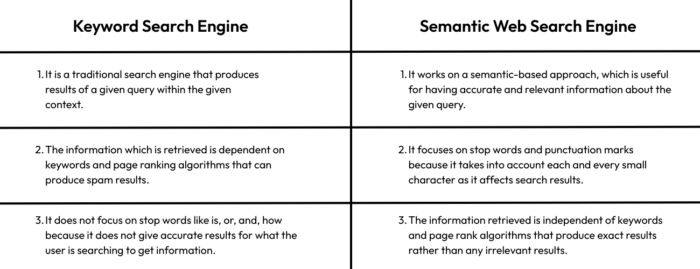China urges U.S. to 'immediately' cancel reciprocal tariffs, vows countermeasures
U.S. President Donald Trump announced a baseline tariff of 10% on most imported goods from global trading partners.

China's Ministry of Commerce in Beijing.
Visual China Group | Getty Images
China's Ministry of Commerce urged the U.S. to "immediately cancel" its unilateral tariff measures and vowed to take "resolute counter-measures" to safeguard its own rights and interests, after U.S. President Donald Trump announced what analysts described as the steepest tariff hikes in a century.
"The U.S. has drawn the so-called 'reciprocal tariffs' based on subjective and unilateral assessments, which goes against international trade rules and seriously undermine the legitimate rights and interests of relevant parties," a commerce ministry spokesperson said in a statement, translated by CNBC.
The Chinese official described the Trump administration's decision to impose reciprocal tariffs as a "typical unilateral bullying practice," adding that many countries have expressed "strong dissatisfaction and clear opposition."
The statement comes after Trump announced a baseline tariff of 10% on all countries and steeper rates on many countries, including 34% on China, 20% on the European Union, 46% on Vietnam and 32% on Taiwan.
The tariff rate will be in addition to the existing 20% tariffs on U.S. imports from China, taking the effective total rate to 54%, effective April 9, closer to Trump's campaign pledge of a 60% tariff.
An initial estimate indicated the sweeping measures could raise U.S. average tariff rates to "levels not seen since the early 20th century," said Tai Hui, APAC chief market strategist at JP Morgan Asset Management, cautioning the trade policy announcements could weigh on global growth.
The tariff shock for China would be "significantly higher and more pervasive" than in trade war 1.0, said Robin Xing, chief China economist at Morgan Stanley.
Although Beijing is likely to roll out additional policy support if the tariffs rapidly slow the country's economic growth, such measures may "only partly offset the tariff shock," Xing added.
China could suffer an economic hit of 0.5 to 1 percentage point of its gross domestic product, according to estimates by Julian Evans-Pritchard, head of China economics at Capital Economics, depending on its exchange rate levels.
Beijing is likely to respond with forceful but proportionate measures which may go beyond tariff increases with steps targeting U.S. companies that rely on the China market, said Stephen Olson, visiting senior fellow at Yusof Ishak Institute in Singapore.
"The U.S. and China are headed for a negotiating table where they'll try to reach some type of a grand bargain on a wide range of issues," he said, although he said that things are expected to get worse before they get better.
Swift backlash
Other countries have joined China in expressing their dissatisfaction with the tariff measures.

Canadian Prime Minister Mark Carney said Ottawa will fight the tariffs "with purpose and with force," as his government prepares a full set of counter-measures to be unveiled on Thursday.
South Korea's acting President, Han Duck-soo, ordered emergency support measures for industries and businesses that will be impacted, including the automobile industry, ordering officials to actively negotiate with Washington to minimize the impact of additional levies.
Separately, Australian Prime Minister Anthony Albanese called Trump's tariffs a "poor decision" and said the measures were not an "act of a friend," though he ruled out responding with reciprocal levies against the U.S.
Japanese trade ministry said it would set up a task force to study the impact of the new tariffs, which Trump said would amount to 24% for Japan, while leaving all options on the table in responding to the hefty duties.
"We need to decide what is best for Japan, and most effective, in a careful but bold and speedy manner," Trade Minister Yoji Muto said at a press conference.
A previously announced 25% tariff on imported cars took effect on Thursday, with Japanese auto industry expected to be among the hardest-hit due to its reliance on demand from the U.S.
Thailand Prime Minister Paetongtarn Shinawatra said the government will take the lead in devising short-term measures to deal with the impact on manufacturers and exporters from the 36% new tariff, while planning to negotiate with the U.S.
The European Union said it's readying further countermeasures if negotiations with the U.S. fail, President Ursula von der Leyen said at a livestreamed broadcast, while adding that the EU is ready to support efforts to make the global trading system fairer.
— CNBC's Evelyn Cheng contributed to this report.

 Troov
Troov 





























